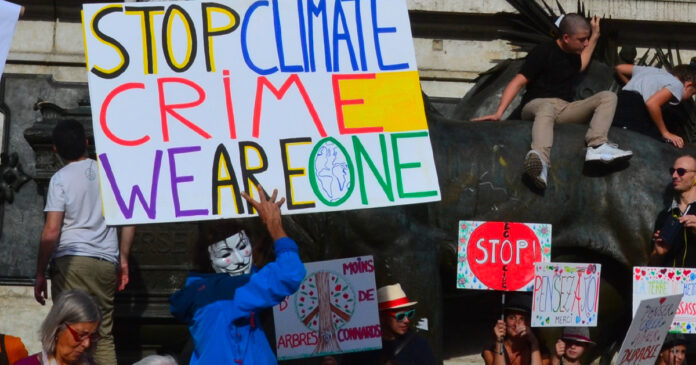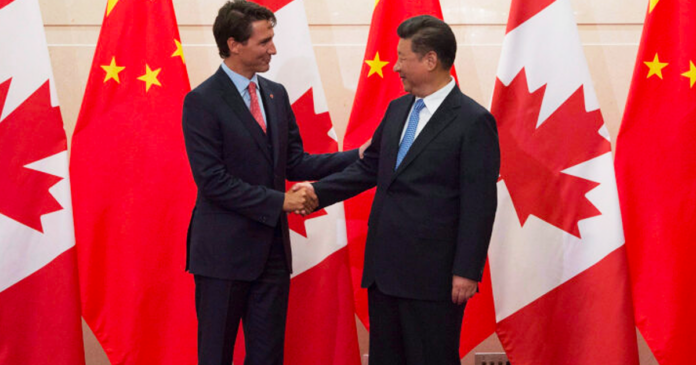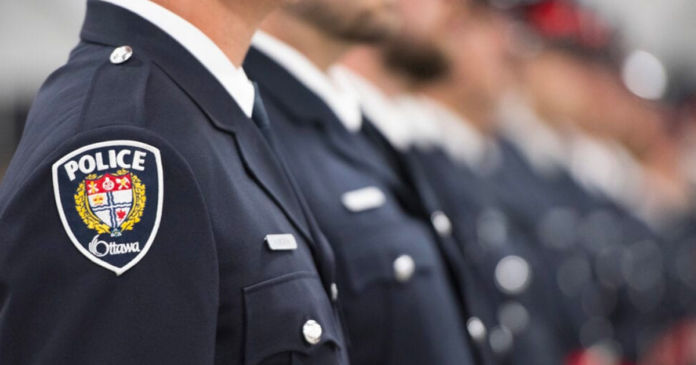The former Ontario MPP and Conservative Party of Canada (CPC) leadership candidate Roman Baber has been nominated as the Conservative candidate in the Toronto riding of York Centre, drawing scrutiny from Liberal MPs.
In an announcement posted to X (formerly Twitter), Baber thanked York Centre’s Conservative membership for nominating him as their candidate and committed himself to flipping the seat from Liberal to Tory.
However, backbench Liberal MP Gerretsen took issue with Baber’s nomination, accusing the Conservatives of selecting an “alt-right” candidate too extreme for Premier Doug Ford’s Progressive Conservatives.
“Just so we are clear how far @PierrePoilievre has taken the federal Conservative Party to the alt-right: This guy is his candidate,” said Gerretsen.
“@fordnation: I know we are a populist party and generally embrace wild conspiracy theories to garner votes, but there is NO WAY we can keep Baber in our caucus – he is even too alt-right for us!”
The nomination of Baber gives the Conservatives another high-profile candidate going into the next general election as Baber has served as an MPP for York Centre in the past while also being nationally recongnized as a result of his leadership campaign.
Liberal MP Taleeb Noormohamed piled on to Gerretsen’s attacks, adding that Conservative leader Pierre Poilievre is building a “pro-convoy, anti-science, misogynist, rage-farming coalition.”
Baber took to X to rebuff the attacks against him, warning of anti-semitism in the Liberal Party for attacking a Jew as being “alt-right.”
“So a Jew whose family suffered in the Holocaust, is an alt-right misogynist for saying no one should be forced to inoculate against their will? Anti-semitism thrives in the woke
@liberal_party,” said Baber.
The term “alt-right” refers to an alternative form of far-right politics committed to the goals of white nationalism and extreme identity politics, and is opposed to the conventional beliefs of liberals and conservatives.
Baber had built his image in politics advocating for civil liberties and his belief in “democratic conservatism.”
In 2018, Baber was elected as a Progressive Conservative MPP before he was expelled from caucus in 2021 after publicly advocating for a balanced response to the Covid-19 pandemic and an end to lockdowns and mandates which he viewed as harmful.
After Erin O’Toole had been turfed as the CPC’s leader in Febuary 2022, Baber had launched a campaign for the CPC leadership, centring his message on democratic values and civil liberty concerns.
Despite Baber losing the Conservative leadership to Pierre Poilievre, the two have remained close political allies, leading to Baber announcing he would be seeking the Conservative nomination for York Centre in April 2023.
Despite securing a high-profile candidate for the York Centre riding, Baber faces an uphill battle, as the Liberals have won York Centre 20 times in the past 21 elections and in four successive elections.
Currently, the seat is held by Justin Trudeau’s minister of mental health Ya’ara Saks who had won re-election in 2021, beating the second place Conservative by nearly 10 points.
However, 338Canada.com, the polling aggregator site, estimates that if an election were to be held today, the outcome would be a toss-up, giving the Conservatives a 53% chance to win and the Liberals a 47% chance to win.




























